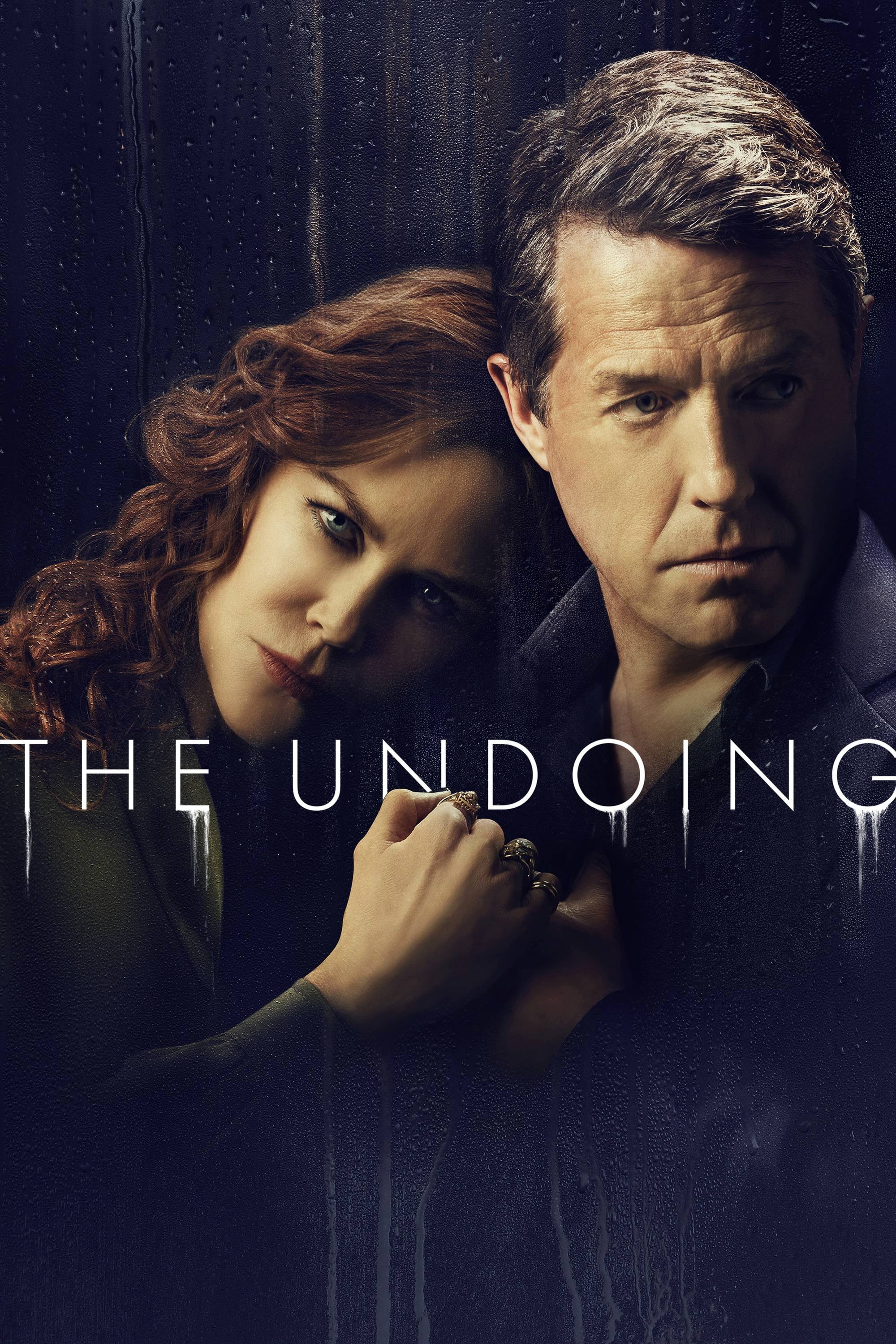
Elisabeth Schwarzkopf, Elisa Cavelti, Ernst Haefliger, Otto Edelmann, Luzerner Festwochenchor, Philharmonia Orchestra- Lucerne Festival Historic Performances Vol. VI – Wilhelm Furtwängler conducts Beethoven’s Symphony No. 9 (2014)
FLAC (tracks) 24 bit/48 kHz | Time – 01:16:18 minutes | 460 MB | Genre: Classical
Studio Masters, Official Digital Download | Front Cover | © Audite Musikproduktion
Fanfare Review by Henry Fogel :: This famed performance was Furtwängler’s last of the Ninth; he died a few months later. I have reviewed it many times in Fanfare: Music & Arts releases in 17:4, 19:3, and 31:6, and a Tahra reissue in 32:4. I find no Fanfare review, from me or any other critic, of Pristine’s version. Now we have this “official” Lucerne Festival release, part of an important series of reissues of great Lucerne Festival performances on Audite taken directly from the Swiss Radio masters. (Tahra claimed that as the source too, and it wouldn’t surprise me given the fine quality of that release; Pristine did not indicate a source, but its version also has very good sound). This recording, in fact, boasts top quality monaural broadcast sound from that era—some of the finest sound quality given any Furtwängler performance.
Interested readers can look up those earlier reviews in the Fanfare Archive, and I will not go into great detail here about the performance, other than to say that over the years it has become my own favorite of the 12 that have survived (all are live; Furtwängler never made a studio recording of this work). Overall it can be said to combine the intensity and drama of his earlier versions with a certain nobility and restraint not always present in those. It is, of course, helped by the fine recorded sound. The slow movement in particular here is magical; one never feels a bar line, rather it is one long arch. Anyone interested in this music, no matter what your performance style preference might be, should hear this statement of immense musical grandeur and power.
For collectors, the important question will be how this compare to the Tahra and Pristine issues, both of which are of excellent quality. I would say that for most listeners, the differences will not be significant, and if you own either the Tahra or Pristine version this is not an essential purchase. (Tahra has folded, which eliminates one option for those who don’t own it.) I have spent the better part of a weekend comparing the three versions, and would say that I have a slight preference for this Audite version, so a collector who deeply cares about this performance and absolutely wants the most satisfying transfer might wish to explore it. I find the orchestral sound just a bit more natural and less congested, more fully open.
One issue is the equalization applied by the transfer engineers. Andrew Rose of Pristine felt that there was a bit too much mid-bass on the Tahra (I am paraphrasing), which made the timpani overly prominent. He suggested a point of comparison at about 10:00 into the first movement, and so I directly compared that spot (from about 9:55 to about 11:10) in all three versions, in addition to listening to the entire performance in all three transfers. Rose was right: The Tahra does seem a bit boomy, and his compensation was an improvement. But one could make the case that he went too far, and that this Audite release finds the proper middle ground. Both in that one-minute passage, and in hearing the entire performance, I found the Audite to be slightly more satisfying as a listening experience. But I will stress again that the differences are not major.
Also not major, but present, are the pitch/speed differences. Audite and Pristine are extremely close (for all practical purposes, identical); Tahra is transferred at a very slightly faster speed. The pitch difference is not consciously audible, but could be affecting one’s reaction to the overall sonority of the orchestra. Here are the timings of each movement, not as given in the booklet, but as measured from first note to end of last note of each movement:
Audite’s notes are excellent, though not always perfectly translated into idiomatic English. What is most gratifying is that this is another assurance that this historic performance will remain available to the public in the best possible form.
Tracklist:
01. Philharmonia Orchestra, Wilhelm Furtwängler – Symphony No.9 in D minor, Op.125 – I. Allegro ma non troppo e un poco maestoso (18:35)
02. Philharmonia Orchestra, Wilhelm Furtwängler – Symphony No.9 in D minor, Op.125 – II. Molto vivace – Presto – Coda (12:07)
03. Philharmonia Orchestra, Wilhelm Furtwängler – Symphony No.9 in D minor, Op.125 – III. Adagio molto e cantabile – Andante moderato (19:45)
04. Philharmonia Orchestra, Wilhelm Furtwängler – Symphony No.9 in D minor, Op.125 – IV. Finale. Presto – Allegro assai – (25:49)
Personnel:
Elisabeth Schwarzkopf, (soprano)
Elisa Cavelti, (alto)
Ernst Haefliger, (tenor)
Otto Edelmann, (bass)
Luzerner Festwochenchor
Philharmonia Orchestra
Wilhelm Furtwängler (conductor)
Download:


























![Philharmonia Orchestra, Herbert von Karajan – Philharmonia Promenade Concert (2014) [Official Digital Download 24bit/96kHz]](https://imghd.xyz/images/2022/10/16/g2cMh1g.jpg)
![Philharmonia Orchestra & David Zinman – Fabian Müller: Works with Orchestra (2022) [Official Digital Download 24bit/44,1kHz]](https://imghd.xyz/images/2022/02/11/pxpri7ljigecc_600.jpg)
![Philharmonia Orchestra, Santtu-Matias Rouvali – Prokofiev: Symphony No.5 (2021) [Official Digital Download 24bit/96kHz]](https://imghd.xyz/images/2022/10/16/s2ojfohb53ena_600.jpg)
![Philharmonia Orchestra, Vladimir Ashkenazy, Esther Yoo – Tchaikovsky (2017) [Official Digital Download 24bit/96kHz]](https://imghd.xyz/images/2022/10/16/0002894815064_600.jpg)
![Philharmonia Orchestra, Santtu-Matias Rouvali – Santtu Conducts Stravinsky (2024) [Official Digital Download 24bit/96kHz]](https://imghd.xyz/images/2024/03/22/xs3rr21i1woba_600.jpg)
![Philharmonia Orchestra – Santtu Conducts Stravinsky (2024) [24Bit-96kHz] FLAC [PMEDIA] ⭐️](https://imageurl.xyz/images/2024/03/24/ab67616d0000b27381ec51575bb3387b5ab779e0.md.jpg)
![Tenebrae, Steven Isserlis, Guy Johnston, Philharmonia Orchestra – Rebecca Dale: Night Seasons (2024) [Official Digital Download 24bit/192kHz]](https://imghd.xyz/images/2024/03/08/n80gr4xoedfnc_600.jpg)
![Otto Klemperer, Philharmonia Orchestra – Schubert: Symphonies 8 & 9 (1964) [Japan 2016] SACD ISO + DSF DSD64 + Hi-Res FLAC](https://imghd.xyz/images/2024/02/29/0081537d.jpg)
![Philharmonia Orchestra, Otto Klemperer – Bruckner: Symphonies Nos. 4 “Romantic” & 7 (2024) [Official Digital Download 24bit/192kHz]](https://imghd.xyz/images/2024/02/20/n4cwfme4b3yha_600.jpg)
![Kerson Leong, Philharmonia Orchestra, Patrick Hahn – Britten & Bruch: Violin Concertos (2023) [Official Digital Download 24bit/192kHz]](https://imghd.xyz/images/2023/06/19/lnd7dp5idcscb_600.jpg)
![Wilhelm Furtwängler & Berliner Philharmoniker – Schubert: Symphony No. 9 “The Great” (Remastered) (1942/2023) [Official Digital Download 24bit/96kHz]](https://imghd.xyz/images/2023/12/23/00a624f6.jpg)
![Elisabeth Schwarzkopf, Dietrich Fischer-Dieskau, Philharmonia Orchestra, Otto Klemperer – Brahms: A German Requiem, Op. 45 (1991/2023) [Official Digital Download 24bit/192kHz]](https://imghd.xyz/images/2023/12/07/on5otenoeknbb_600.jpg)
![Christa Ludwig, Jon Vickers, Philharmonia Orchestra, Otto Klemperer – Beethoven: Fidelio, Op. 72 (2023) [Official Digital Download 24bit/192kHz]](https://imghd.xyz/images/2023/12/04/q5fidlie65aic_600.jpg)
![John Ogdon, Philharmonia Orchestra, Rafael Kubelik – Rafael Kubelík conducts Haydn, Schoenberg & Tchaikovsky (Live) (2022) [Official Digital Download 24bit/48kHz]](https://imghd.xyz/images/2022/10/08/iazb0h862umob_600.jpg)
![Philharmonia Orchestra, Santtu-Matias Rouvali – Santtu Conducts Mahler (2023) [Official Digital Download 24bit/96kHz]](https://imghd.xyz/images/2023/11/08/q49tups2429aa_600.jpg)
![Tedd Joselson, Royal Philharmonic Orchestra, Philharmonia Orchestra & Arthur Fagen – Tedd Joselson’s Companionship of Concertos: Grieg: Piano Concerto – Rachmaninov: Piano Concerto No. 2 (2021) [Official Digital Download 24bit/48kHz]](https://imghd.xyz/images/2023/10/15/imuc7tea29xfc_600.jpg)
![Maurizio Pollini, Philharmonia Orchestra, Paul Kletzki – Chopin: Piano Concerto no.1 (2001) [Japan 2016] SACD ISO + DSF DSD64 + Hi-Res FLAC](https://imghd.xyz/images/2023/10/04/008a370b.jpg)
![Philharmonia Orchestra, Herbert von Karajan – Stravinsky: Jeu de Cartes / Roussel: Symphony No. 4 (2014) [Official Digital Download 24bit/96kHz]](https://imghd.xyz/images/2023/09/27/0825646244515_600.jpg)
![Michael Barenboim, Alessandro Crudele, Philharmonia Orchestra – Britten & Elgar: Sea Interludes, Violin Concerto (2023) [Official Digital Download 24bit/96kHz]](https://imghd.xyz/images/2023/09/11/l73hxwgp6dxra_600.jpg)
![Robert Casadesus, Géza Anda, Clara Haskil, Nathan Milstein, Herbert von Karajan, Schweizerisches Festspielorchester & Philharmonia Orchestra – Herbert von Karajan – The Early Lucerne Years (2023) [Official Digital Download 24bit/48kHz]](https://imghd.xyz/images/2023/09/13/dxocpphriy1hb_600.jpg)
![Philharmonia Orchestra, Herbert von Karajan – Sibelius: Symphony No. 2 (2014) [Official Digital Download 24bit/96kHz]](https://imghd.xyz/images/2023/09/02/0825646244300_600.jpg)
![Philharmonia Orchestra, Herbert von Karajan – Sibelius: Symphony No.5; Finlandia, Op. 26 (2014) [Official Digital Download 24bit/96kHz]](https://imghd.xyz/images/2023/09/02/rclIsil.jpg)
![Wilhelm Furtwängler – Wagner: Siegfried by Wilhelm Furtwängler at Milan (2023 Remastered, Mian 1950) (2023) [Official Digital Download 24bit/96kHz]](https://imghd.xyz/images/2023/08/23/setwpo4uyysgb_600.jpg)
![Renée Fleming, Philharmonia Orchestra, Sebastian Lang-Lessing – Guilty Pleasures (2013) [Official Digital Download 24bit/96kHz]](https://imghd.xyz/images/2023/08/18/0002894786035_600.jpg)
![Philharmonia Orchestra, Herbert von Karajan – Karajan conducts Respighi, Berlioz & Liszt (2014) [Official Digital Download 24bit/96kHz]](https://imghd.xyz/images/2023/08/18/eyJidWNrZXQiOiJwcmVzdG8tY292ZXItaW1hZ2VzIiwia2V5IjoiODEyMjI0Mi4xLmpwZyIsImVkaXRzIjp7InJlc2l6ZSI6eyJ3aWR0aCI6OTAwfSwianBlZyI6eyJxdWFsaXR5Ijo2NX0sInRvRm9ybWF0IjoianBlZyJ9LCJ0aW1lc3RhbXAiOjE0NjEwODIwNDB9.jpg)
![Philharmonia Orchestra & Vladimir Ashkenazy – Rachmaninov: Symphonic Dances, Symphony No. 3 (2018) [Official Digital Download 24bit/96kHz]](https://imghd.xyz/images/2023/08/14/eng78g8r7o3uc_600.jpg)
![Narciso Yepes, Philharmonia Orchestra, English Chamber Orchestra, Luis Antonio García Navarro – Rodrigo: Concierto de Aranjuez; Fantasía para un gentilhombre (1985/2010) [Official Digital Download 24bit/96kHz]](https://imghd.xyz/images/2023/08/04/0qC6Cmn.jpg)
![Philharmonia Orchestra, Herbert von Karajan – Mussorgsky: Pictures at an Exhibition (orch. Maurice Ravel) (2014) [Official Digital Download 24bit/96kHz]](https://imghd.xyz/images/2023/07/11/0825646244386_600.jpg)
![Michael Collins, Philharmonia Orchestra, Wigmore Soloists, Robin O’Neill – Mozart & Birchall: Clarinet Concertos (2022) [Official Digital Download 24bit/96kHz]](https://imghd.xyz/images/2022/04/22/g4bo76ty801sc_600.jpg)
![Yehudi Menuhin, Wilhelm Furtwangler, Berlin Philharmonic Orchestra – Beethoven & Mendelssohn: Violin Concertos (Remastered) (1966/2012) [Official Digital Download 24bit/96kHz]](https://imghd.xyz/images/2023/06/30/ypv168p71ih5b_600.jpg)